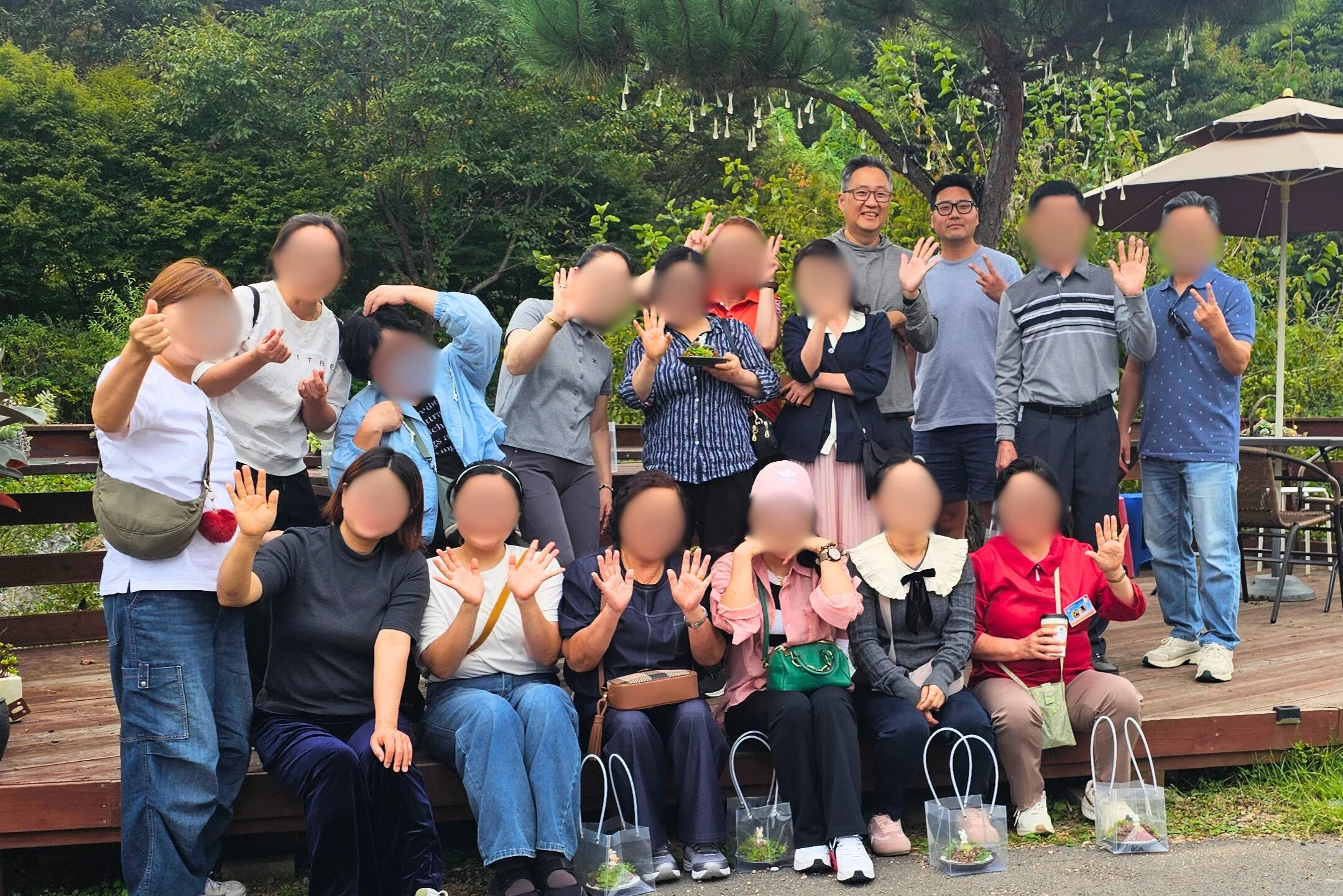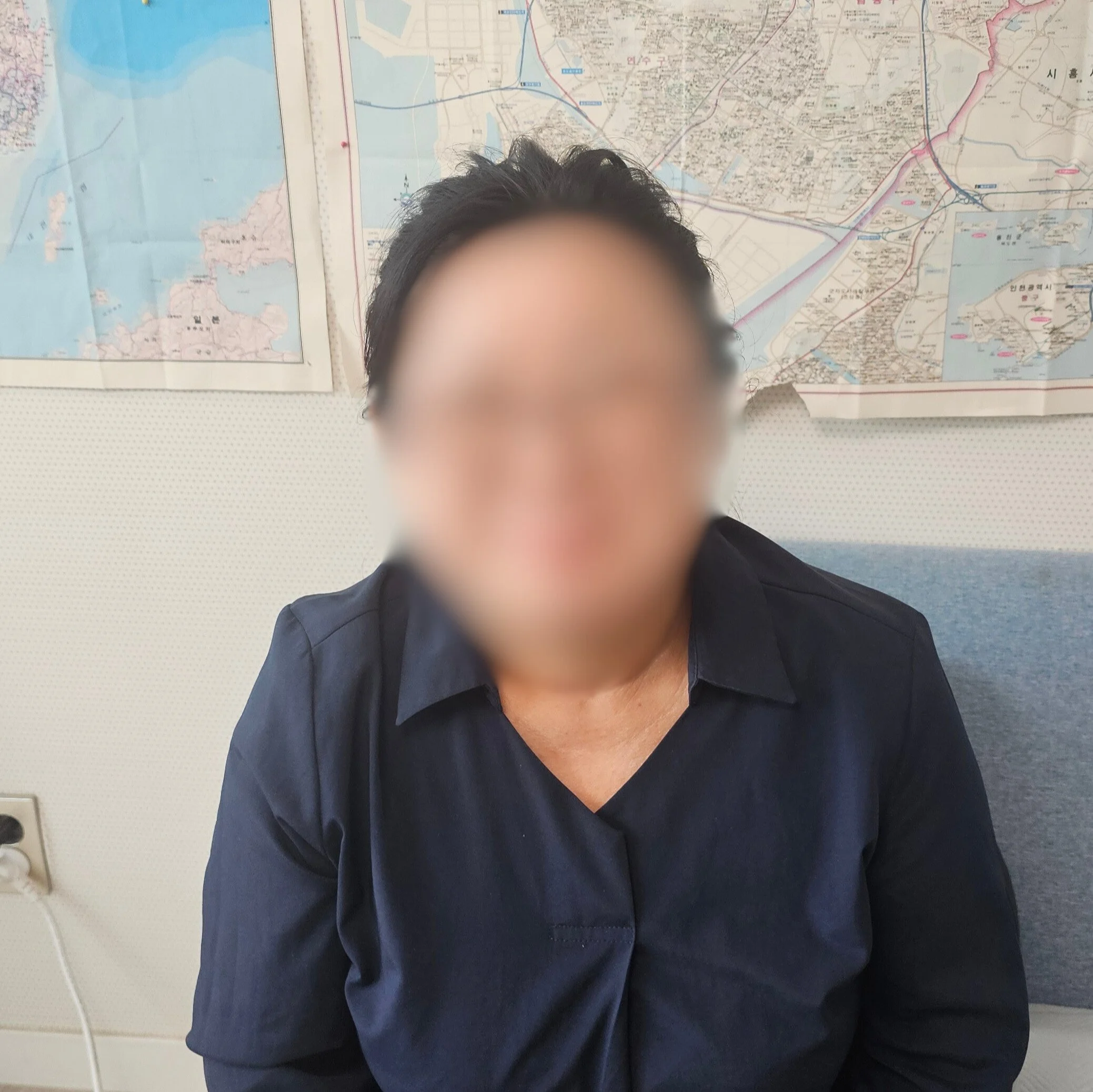Alone in South Korea
Chuseok is the most important holiday for North and South Koreans alike. This holiday, much like Thanksgiving in the US, is meant for celebrating the bounty of harvest, gathering with loved ones, and honoring ancestors. For the women we serve, it’s often a day of profound loneliness.
This is why Crossing Borders hosts a Chuseok retreat each year as part of our ongoing care for the refugees who we helped in the past. An invitation goes out to those who we have cared for at Elim House and in China that remain in contact with our team. For each of the women in attendance, it was a chance for Crossing Borders to continue to minister and care for them in a country that is fraught with pitfalls and hardship.
The Vulnerability of North Koreans in South Korea
Most North Koreans arrive in South Korea from China. Most refugees were trafficked in China. Though most of these marriages are oppressive in nature, the one thing that their captivity in China did for them was insulate them from the many other dangers that societies often have. For example, because many refugees in China were not allowed out of their houses, they were not exposed to people who might want to scam or defraud them. Similarly, the North Korean government's oppressive information blackout, while a tool of control, also insulates its people from modern perils like pornography, misinformation, and the addictive nature of digital media.
When refugees get to South Korea, they are exposed to a great many influences in their lives. The allure of a materialistic society often makes them hungry to attain resources by any means necessary. The yearning for companionship often leads them to relationships with men who abuse and use them. The longing for a relationship with God often exposes refugees to cults.
Four of the women at this retreat confided in our social worker that they were paid by a Christian cult to attend their services. Jenny, a North Korean woman who stayed in Elim House for over a year, who often refers to her time with us as transformational, also fell victim to the allure for money. At this retreat, Jenny lifted her hands and enthusiastically worshipped the Lord. She was engaged in the sermons and activities. It was only after the retreat that Jenny confessed to our social worker that she had fallen prey to this cult. In tears, Jenny later decided to “return to her first love.”
Conflict and the Seed of Forgiveness
Another woman, Bethany, who was asked to leave Elim House this summer after a fight with another resident, was invited back to our retreat. Bethany’s past trauma has left her quick to trust but even quicker to feel attacked. We saw this again at our retreat when a simple comment from her bunkmate sent her into a spiral, immediately demanding to be moved.
Sadly, this is the lens through which she sees the world. So when Pastor Tom, our guest speaker for this retreat, preached on the difficult call to forgive, Bethany's reaction wasn't joy, but a visible slump in her chair. The message had clearly struck a nerve, brushing up against a lifetime of hurt and lashing out.
But that seed of forgiveness, however painfully received, began to grow. Bethany got into a conflict with a new neighbor. Her old response would have been to lash out and retreat. And she did lash out, telling the woman, "Your mother didn’t raise you right." But then, something new happened. She was struck by the fact that this woman was the same age as her own estranged daughter in China. This painful self-awareness—realizing she, too, was a mother unable to "raise" her child—convicted her. In a profound step of healing, Bethany went back to the neighbor and apologized. Bethany told us she wants to believe in God but is finding it hard. Her courageous apology shows us that, even in her struggle, God is already at work, changing her heart from the inside out.
As we continue our work in South Korea, we realize that there will be very few miraculous and sudden conversion stories at events like our retreat. We have learned that our role is to be a steady hand in the lives of the women who we encounter. Though many have lashed out at our staff, we’re thankful for their humble and sacrificial care for refugees.





